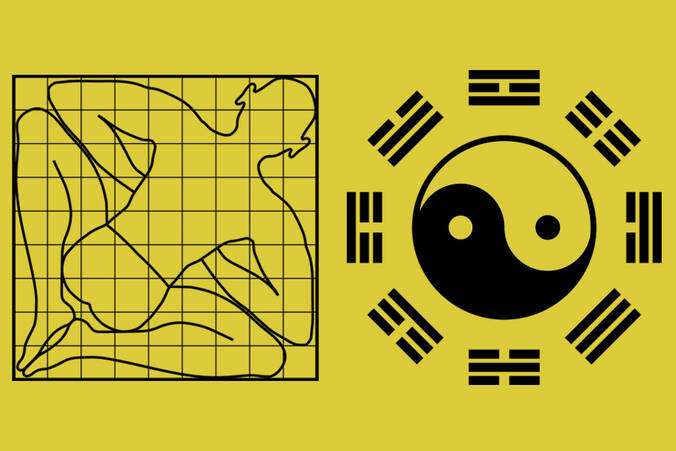Graphic: Sharad Patel
1. While vastu shastra is a traditional Indian science and feng shui is an ancient Far Eastern science, do not forget that they are both concerned with study of space.
2. They both believe that the abode we live in is the universe that we create for ourselves, and that this abode is a part of the bigger universe that exists around.
3. When our energies are good and positive, we are able to attract more good energies from our abode. And when energies in our abode are positive, free flowing and devoid of clutter, it attracts more good energies from the universe. The universe is replete with abundance. We only have to open ourselves and our space in order to greet that abundance and bring it into our lives.
4. Both vastu shastra and feng shui base directions and zones on certain elements, and each of these elements have a certain impact on our life.
5. North is governed by water in both the sciences and South stands for fire. So adding water to the North zone will fetch you success and career growth, whether through vastu or feng shui.
6. While South East in vastu shastra stands for fire -- and is therefore recommended for a kitchen -- it stands for wood in feng shui. As wood supports fire, and if we do have a kitchen in this zone, it can be dressed in shades of green (the colour of wood/plants) to make it compatible to both sciences.
7. South is a zone of fame in feng shui and adding red here, enhances the recognition aspect in your life. Vastu shastra says the same. If we go by Indian numerology, South is governed by number 9 which is representative of Lord Hanuman. He stands for courage and the colour that best describes him is red again. While the perspective may be different, the crux stays the same.
8. Both have defined areas and functions. Vastu allocates rooms as per marital status, age, profession, etc. Feng shui bases it upon the principle of yin and yang, patriarch and matriarch.


















